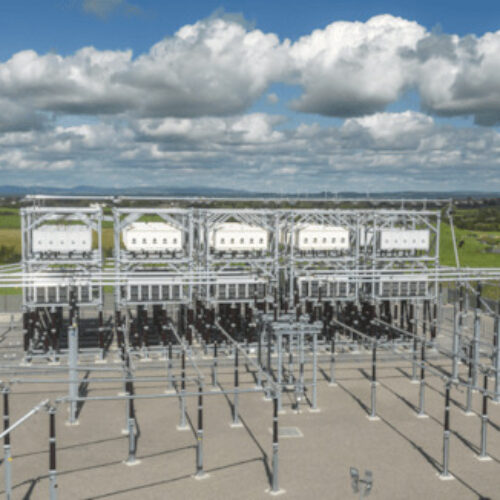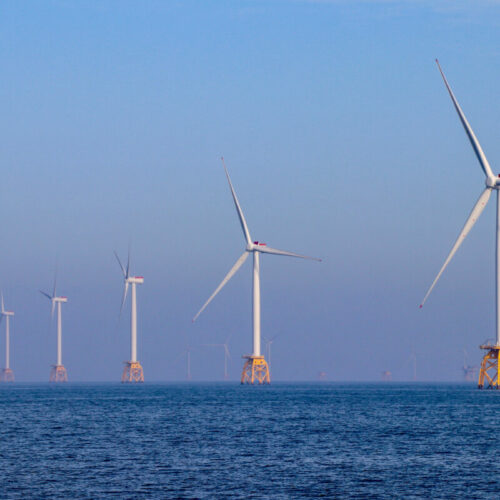The Coronavirus pandemic during 2020 has been a global shock that will leave many Western economies weakened. There are already fears of further lockdowns, businesses going bankrupt and numerous jobs being lost for good. The hike in income tax that we can expect the Chancellor of the Exchequer to announce as early as the Autumn statement will simply rub salt in the wounds.
So the economy desperately needs an avenue that will lead to a rapid bounce back. What characteristics would be required of such an avenue? These would include: the creation of new and sustainable jobs to replace those lost; development of valuable skills and experience that will add value in the future; contribution to wider Government policy; reductions in costs to one aspect or another of the economy; more people paying tax and National Insurance to help boost the Treasury’s coffers; something that would garner strong public support.
Where can such an avenue be found? Well it just might be that the green agenda offers just such a path: energy efficiency.
Energy efficiency is now a national priority, although you would not know it from the lukewarm manner in which it is treated by the Government. The Government passed ground breaking legislation in the form of the Climate Change Act 2008, which proposed a legally enforceable target of an 80% reduction in greenhouse gases by 2050, against a 1990 baseline.
In 2019, this target was revised and amendments passed by Parliament raised the target to 100% or in other words, carbon neutrality. This went hand-in-hand with the declaration of a climate emergency in the UK and acceptance of the conclusions of the IPCC’s October 2018 report that the world has just about 12 years to sort out global warming or permanent and irreversible damage will be done to the world’s ecosystems.
In tandem with this, surveys of public opinion show that climate change has now reached the dizzy heights of the top three issues, amongst other priorities such as the NHS and social care.
The Government is advised by the Committee on Climate Change (CCC) and passes carbon budgets of five years each, approved by Parliament under the 2008 Act. The CCC has advised that current Government policy will lead to a failure to meet either the fourth or fifth carbon budgets. It was hoped that the delayed COP26 conference, jointly hosted by the UK and planned for September, would provide a stimulus for renewed action. Its delay until next year has therefore been a severe blow.
The CCC looks at the composition of the country’s carbon footprint and publishes advice on what needs to be done. It is clear from this and other evidence that business in the UK is responsible for 25% of all greenhouse gas emissions. As such it is an area that requires concerted and urgent action.
Notwithstanding this, very little is happening. Many businesses are unaware of what could be done to their premises to improve their energy efficiency or what the knock on positive effects of such action might be.
This theme is taken up by a new paper by the Green Alliance, entitled A Smart Way to Save Energy – Using Digital Technology to Increase Business Energy Efficiency and published in January. The Green Alliance reports that there are various reasons why progress has been limited in this area. It states that this includes the relatively small proportion of expenditure on energy used by some sectors (such as SMEs), unwillingness to accept payback periods of more than a couple of years and lack of access to relevant finance or skills.
Moreover, the lack of action is facilitated by the Government’s absence of enthusiasm for greater regulation to make these things happen. This is all the more surprising when it appears that around half of the reduction in industrial energy intensity in recent years is attributed to energy efficiency improvements and, equally significantly, energy efficiency has been directly responsible for a quarter of the UK’s economic growth since 1971.
The Green Alliance argues that there is a strong case for investment in energy efficiency, which leads to lower costs and also greater productivity. Much of the time this means very humble improvements, such as improved insulation in buildings.
However, at the more sophisticated end of the scale it is digital technology and a much wider availability of data. The latter is very significant indeed, as InnovateUK found that actual building emissions rates were between 1.8 and 10 times higher than estimates given when buildings were being constructed. The necessity for actual performance data to be used in regulation (rather than advance estimates) is clear.
The Green Alliance paper makes three recommendations to improve this situation: the support of digital solutions for energy efficiency, alongside investment in hardware; the boosting of markets for smart energy efficiency; and the avoidance of repeating poor design in new buildings.
These are all sensible suggestions but there is a wider point here. The Government needs to find something to put the economy back on its feet, post-coronavirus. What better way of getting money back into the Treasury by having more people in work, doing worthwhile jobs that require sustainable skills at both the modest and sophisticated end of the spectrum, paying tax and National Insurance and contributing to one of the most important priorities in the country today. Something that will also have strong public support.
A significant programme of energy efficiency works would meet all of those goals and help the country get back on its feet at the same time.
If such work is to be done to buildings, it would be sensible to include the addition of renewable energy at the same time: solar PV, battery storage, air and ground source heat pumps all spring to mind. Lots to be done, targets to be met, investment needed resulting in saved costs and carbon. What’s there not to like? All we need is the political will to do it.
So maybe the green agenda can assume the position of the cavalry coming over the hill, and some good could come from the fallout of the COVID-19 for the future of society in the UK.




